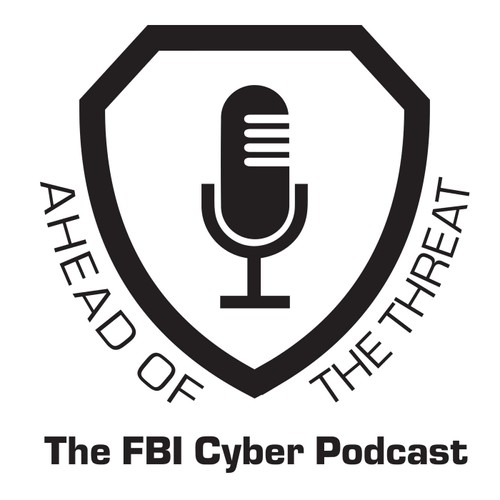
 Ahead of the Threat
Ahead of the Threat Episode Two - Kevin Mandia
Nov 6, 2024
Kevin Mandia, founder and CEO of Mandiant, shares his expert insights into the evolving landscape of cybersecurity. He discusses game-changing breaches and the critical role of the CISO in aligning security with business goals. The rise of voice cloning and AI in social engineering schemes highlights new vulnerabilities. Kevin emphasizes the importance of CEOs asking the right questions to assess cyber readiness, while also exploring the implications of recent ransomware trends and the necessity for robust recovery strategies.
Chapters
Transcript
Episode notes
1 2 3 4 5 6 7
Intro
00:00 • 2min
Navigating Cybersecurity Challenges
02:20 • 15min
The Evolving Role of the CISO
17:24 • 19min
Bridging the Gap: Private Sector and FBI Collaboration
36:08 • 8min
The Evolving Threat Landscape: Ransomware and AI Manipulations
44:06 • 5min
Testing Resilience Against Ransomware: The Need for Live Drills
48:46 • 3min
Enhancing Cybersecurity Awareness for CEOs
52:14 • 11min
